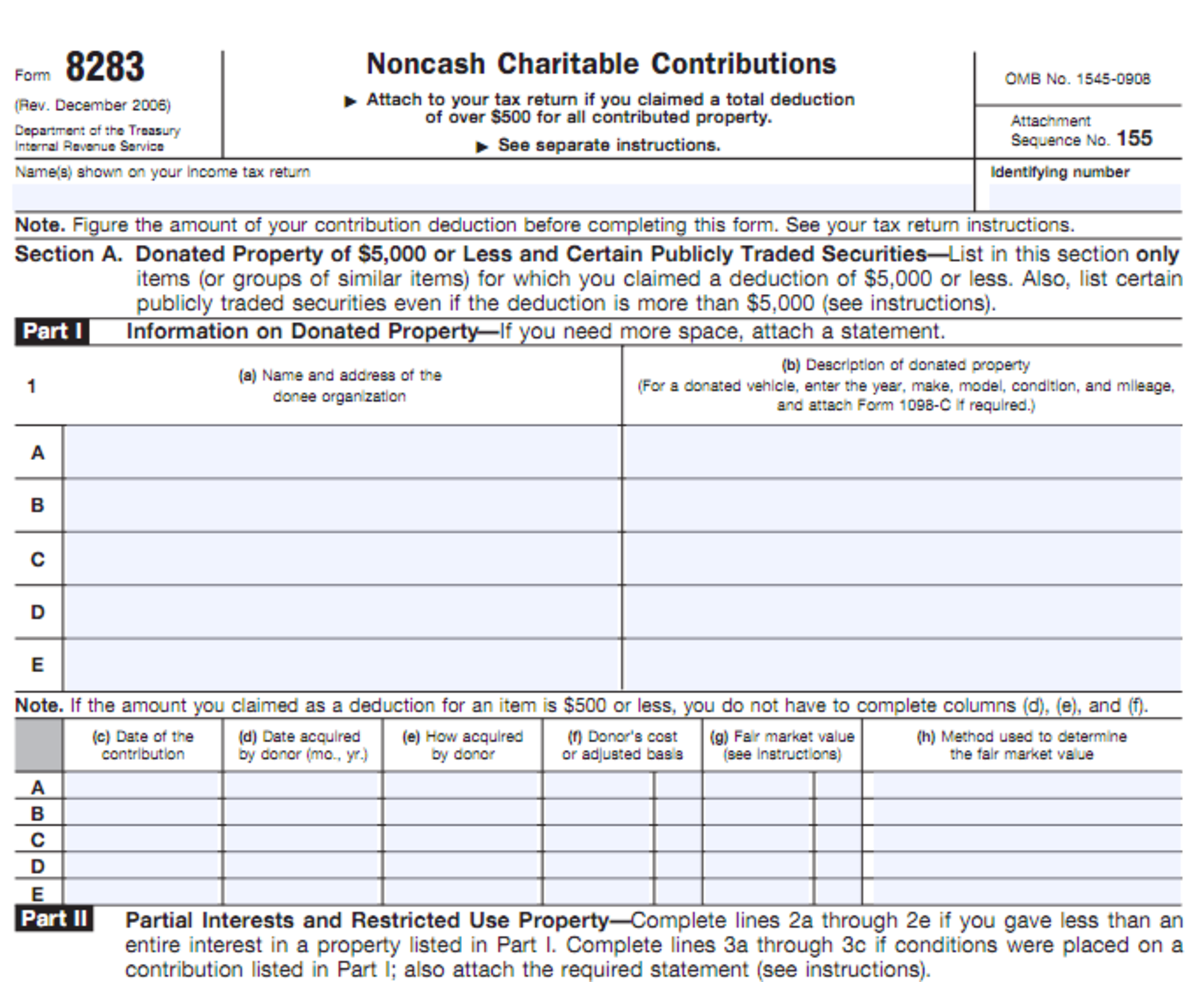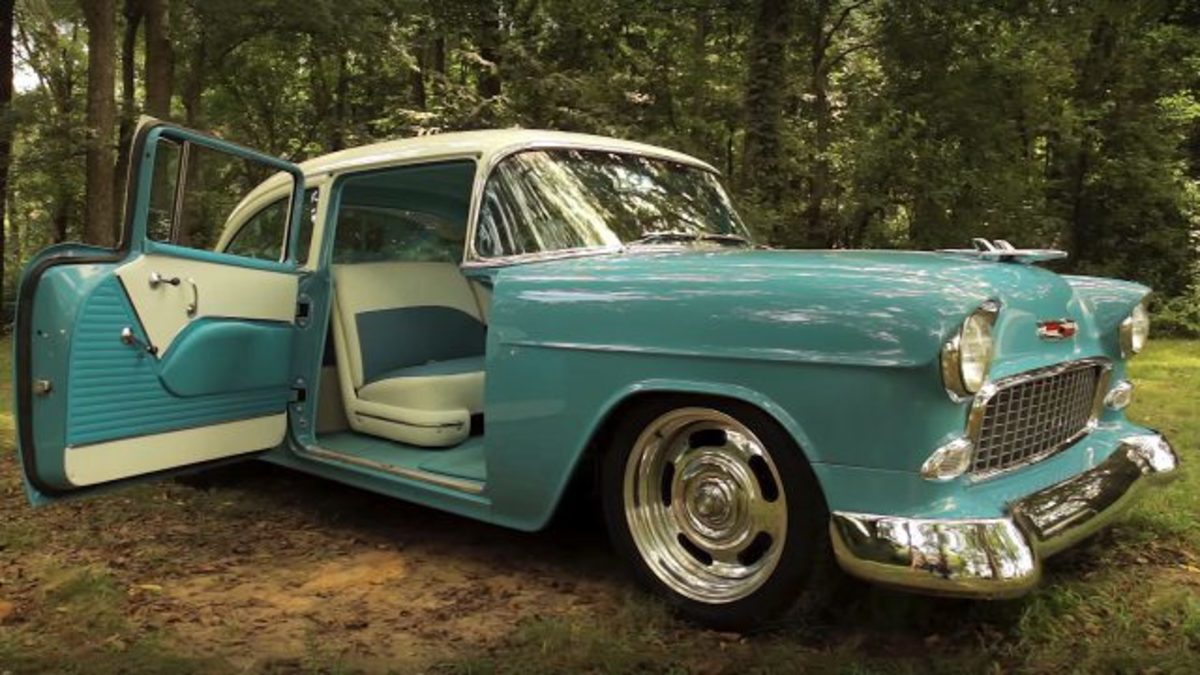Selling versus Donating Cars
Your old car may help others

How to Donate Your Car
If you have owned a vehicle for quite some time you certainly know how cars depreciate fast. Indeed, just looking at the Blue Book may feel like a slap in the face. You car could have been worth thousands of dollars a few years ago and now it may be valued at the price of a lemon.
Why give to others something that will just give problems? Is it worth it to sell the car for a fraction of what you bought it?
Perhaps you may not be aware of another option. An option that will help out others less fortunate than yourself and that will pay you back some money if you are able to wait. In other words, you can donate your car.
The great thing about donating cars and vehicles is that they are tax deductible.
But how does donating a car work exactly? How do you do it and where?
Here are some answers.
How Does Donating a Car Work?
First of all consider that most types of vehicles can be donated. This includes the following types of vehicles: cars, trucks, trailers, boats and RV's.
While lemons can be accepted, some donation centers may not accept cars that are in such a bad state that it is not worth the towing. Most donation centers actually will pick up the car for you in most 50 States. They are usually picked up by professional towers that are licensed, bonded and insured, it is worth however, to always inquire about this before scheduling a pick up.
Most charities listed with car donation centers are listed with the IRS as non-profit charitable organizations. However, it is best to consult with a tax professional to be sure before donating as car.
The most commonly listed charities are the America Red Cross, the American Diabetes Association, the United Breast Cancer Foundation and Boy Scouts of America. If you are interested in a particular donation, look for the website and see if they offer the option of donating your car. Ensure that the organization is registered as a 501(c)(3) charity.
How do you Donate Your Car?
After finding a charity that accepts car donations and that you interest in donating to, you will need to determine the value of your car. This can be done easily by using a Kelly Blue Book. The IRS has also published some helpful publications such as IRS Publications 526 ("Charitable Deductions") and 561 ("Determining the Value of Donated Property.
According to IRA Publication 526 quoted:
''Certain commercial firms and trade organizations publish used car pricing guides, commonly called “blue books,” containing complete dealer sale prices or dealer average prices for recent model years. The guides may be published monthly or seasonally, and for different regions of the country. These guides also provide estimates for adjusting for unusual equipment, unusual mileage, and physical condition. The prices are not “official” and these publications are not considered an appraisal of any specific donated property. But they do provide clues for making an appraisal and suggest relative prices for comparison with current sales and offerings in your area.
These publications are sometimes available from public libraries, or from the loan officer at a bank, credit union, or finance company. You can also find used car pricing information on the Internet. To find the fair market value of a donated car, use the price listed in a used car guide for a private party sale, not the dealer retail value. However, the fair market value may be less than that amount if the car has engine trouble, body damage, high mileage, or any type of excessive wear. The fair market value of a donated car is the same as the price listed in a used car guide for a private party sale only if the guide lists a sales price for a car that is the same make, model, and year, sold in the same area, in the same condition, with the same or similar options or accessories, and with the same or similar warranties as the donated car.''
The publication also offers the following quoted example:
''You donate a used car in poor condition to a local high school for use by students studying car repair. A used car guide shows the dealer retail value for this type of car in poor condition is $1,600. However, the guide shows the price for a private party sale of the car is only $750. The fair market value of the car is considered to be $750.''
Once you have determined the value of your car according to the IRS 'guidelines 9it is always best to consult with a tax professional) you can give the charity a call and schedule a pick up. It is very important that upon having the vehicle towed, you get a receipt. This receipt must have all of the following information; your name, the year, make and model of your car and the current date. Make sure the receipt also has the name of the charity and its federal tax ID number. Keep it hand for your income tax return.
Of course, after donating the car, you must notify the DMV and your insurance company. Inquire carefully about what the protocol is on discarding the title and plates.
What is better therefore, Selling or Donating?
Of course, donating is the preferable way to go in a time with many people in need and because it is pretty a hassle free transaction with no need to place an ad, search for a buyer or sell on an auction. Many companies tow within 48 hours. Of course, there are people that need some extra cash and find that selling is the way to go. However, for those that can afford to live without the immediate extra cash, as they are awaiting tax time and want to do something good for society, this may be the way to go..









